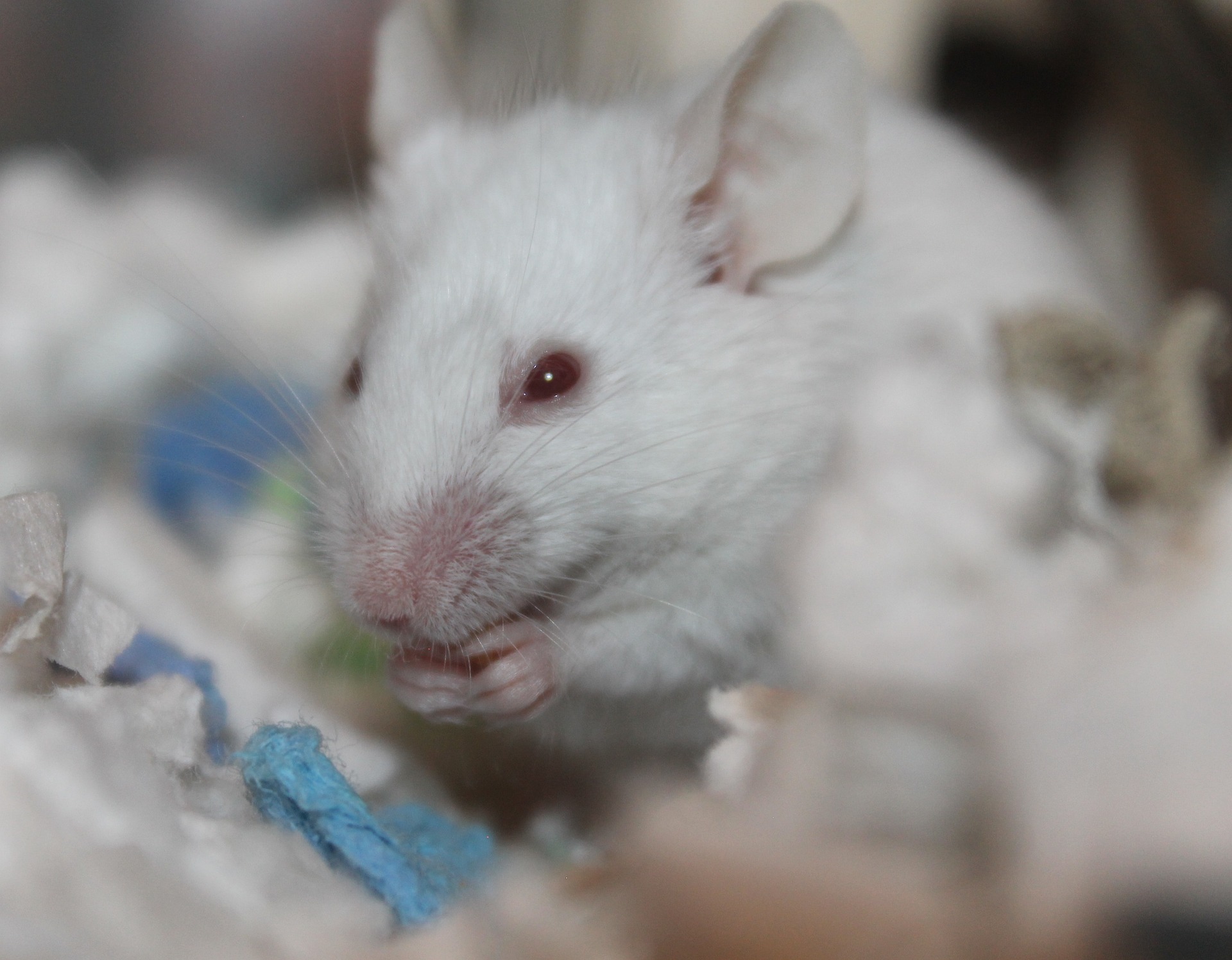Expert Reaction
These comments have been collated by the Science Media Centre to provide a variety of expert perspectives on this issue. Feel free to use these quotes in your stories. Views expressed are the personal opinions of the experts named. They do not represent the views of the SMC or any other organisation unless specifically stated.
Malcolm France is a veterinarian specialising in the care and management of animals used in research.
I think the Committee has done an excellent job in formulating clear recommendations that balance legitimate community concerns with trends in medical research. This is an outcome that will be essential to maintaining a social licence, and in most cases the recommendations – if implemented – would lay a valuable foundation for ongoing progress.
The report’s first recommendation suggests that the days are numbered for two particularly controversial procedures. One – the ‘forced swim test’ – has faced intense scrutiny in recent years and its interpretation is contentious even within the scientific community. The other – a test in which mice are forced to inhale cigarette smoke while tightly constrained, often with repeated exposure over several weeks – has an extremely high animal welfare impact. I believe there are more humane approaches that will still enable crucial progress in the study of chronic respiratory diseases which place a major toll on human health globally.
Several of the recommendations aim to deliver far greater openness and transparency in animal research [9, 10, 11 and 13] which is something I applaud. Australia has fallen well behind other countries in this area in recent years despite advocacy for change not just by the animal protection community but also by some in the scientific community.
One of the specific initiatives here is an Openness Agreement – essentially a public pledge that institutions can sign to demonstrate their commitment to informing the broader community about how and why they use animals in research. In fact, there has already been considerable progress here: a working group convened by the Australian and New Zealand Council for the Care of Animals in Research and Teaching (ANZCCART) circulated a draft Openness Agreement for public consultation earlier this year. With any luck, it will be finalised and formally launched within the next few months.
As an independent national body committed to open and informed discussion on the ethics of animal research, ANZCCART would also be well-placed to take a lead in the implementation of Recommendation 10 which calls for a nationally consistent reporting process for animal research.
The report recommends a long overdue initiative for Government support into the so-called 3Rs – that is efforts that aim to Replace, Reduce or Refine the use of animals in research. This was first proposed by a Federal Senate Select Committee in 1989 but was never implemented so the report’s recommendation presents a great opportunity for NSW to take the lead.



 Australia; NSW
Australia; NSW



